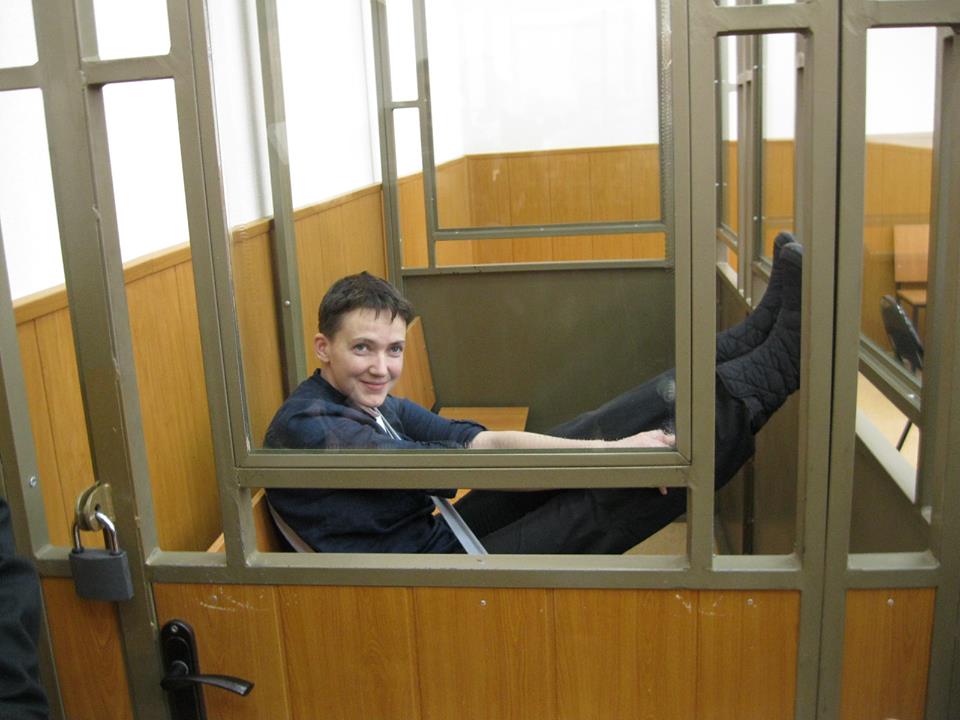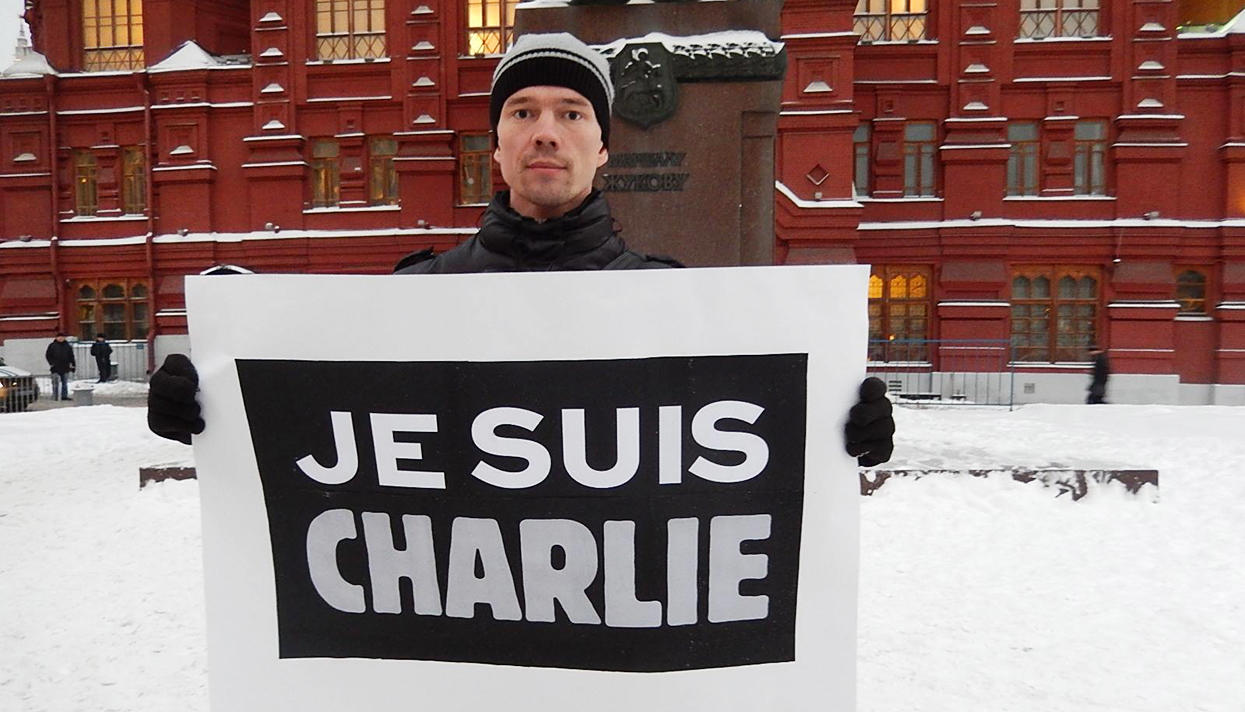On 2 May 2017, the Constitutional Court of Moldova delivered the judgment on the interpretation of an article of the country's constitution on the permanent neutrality of Moldova, following a petition filed by the deputies of the Liberal Party in 2015.
The Court ruled that the deployment in the territory of the Republic of Moldova of "troops or military bases, run and controlled by foreign states, is unconstitutional".
The only foreign troops deployed in Moldova are the Operational Group of Russian Forces (formerly the 14th Guards Army) in the uncontrolled region of Transnistria. At the same time, the so-called Armed Forces of PMR (military formations by self-proclaimed authorities of Transnistria) may meet the definition of "troops controlled by foreign states".
The participation of Moldova in collective security systems, peacekeeping, humanitarian operations, does not contravene the Constitution according to the Court's decision.
Earlier this year Moldova Army canceled participation in “Platinum Eagle” exercise in Romania at the request of Moldova's pro-Russian President Igor Dodon who refused to sign the decree of deployment.
The Court's decree also states that the validity of the constitutional provision on neutrality was not affected by the fact that it was declared amid the military occupation of a part of the territory and the fact that the provision lacks international guarantees of this statute.
The decision of the Court is final.
President Dodon criticized the ruling, according to him the decision "leaves room for various interpretations and political speculation."
Political analyst Igor Munteanu, executive director of the Institute for Development and Social Initiatives, believes, "This decision is incomplete and does not provide an answer to the key question: what kind of neutrality does Moldova uphold having foreign troops present in its territory without the consent of the constitutional authorities?"
UPDATE: Mihai Popșoi, a political analyst from Moldova, commented to EuromaidanPress on the possible legal consequences of the decision, he said, "In theory, Russia should immediately withdraw its military from Moldova. In practice, there are no consequences."
Meanwhile, on 12 April 2017, the "parliament" of the "Transnistrian Moldovan Republic" showing its dreams of the integration with Russia approved the use of the Russian flag alongside so-called PMR flag.
- Being a part of the Moldovan S.S.R. of the USS.R., the “Pridnestrovian Moldavian Republic” (PMR, Transnistria) declared its independence in late 1990. Then Soviet President Mikhail Gorbachev declared the Transnistria proclamation to be lacking legal basis and annulled it by a presidential decree.
- Armed clashes on a limited scale broke out between Moldova and Transnistrian “separatists” including Russian Cossacks and other mercenaries as early as November 1990.
- On 27 August 1991 Moldova declared its independence.
- Fighting intensified on 1 March 1992 and lasted throughout the spring and early summer of 1992.
- The 14th Army of Russia was involved in the conflict, its commander General Mayor Aleksandr Lebed said, “I am proud that we helped and armed Transnistrian guards against Moldovan fascists.”
- The 1992 Moscow ceasefire agreement, signed by the presidents of Moldova and Russia, established a Russian peacekeeper presence in Transnistria.
- The Russian 14th Guards Army involved in Transnistria conflict in 1990-1992 was reformed into the Operational Group of Russian Forces in Moldova in 1995 and shrunk to no more than 1,500 troops.
- In 1994, Russia and Moldova signed an agreement that committed Russia to withdraw the troops in three years, however, the Russian Duma didn't ratify it.
- In 2008, the NATO Parliamentary Assembly urged Russia to withdraw its "illegal military presence from the Transdnestrian region of Moldova".
Read more:
- Transnistria frozen conflict zone recognizes Russian tricolor as second “national” flag
- Why Ukraine must avoid the Transnistrian scenario
- Moldova – Ukraine’s problematic neighbor or partner on the road to the EU?
- The 75 Russian military units at war in Ukraine
- Bulgaria, Moldova elect pro-Russian presidents
- Russia determined to expand influence over former Soviet colonies
- Russia’s plans to create new “republics” in southwestern Ukraine
- Why Romania will fight Russia
- 5 explanations for the Russian “Kyiv junta” myth
- Russian and foreign volunteers in Ukraine: lost idealism and ennui
- Don’t call terrorists in eastern Ukraine “rebels” because they are not





